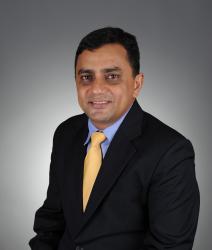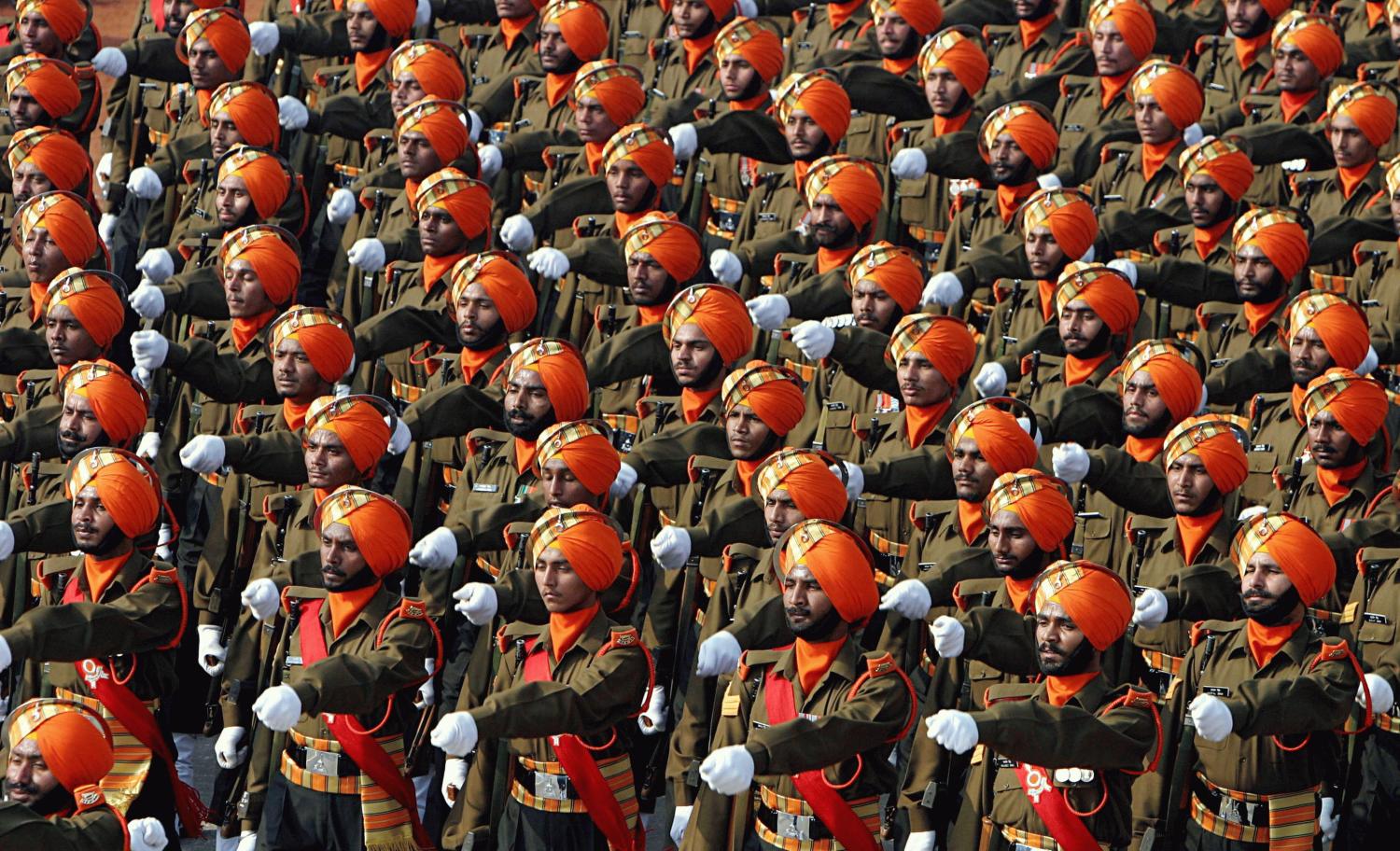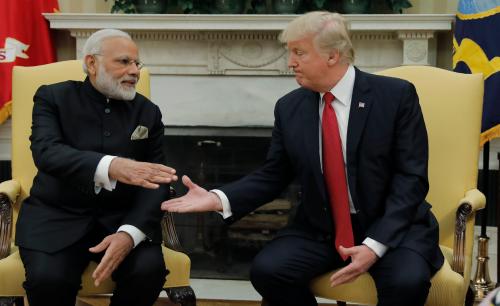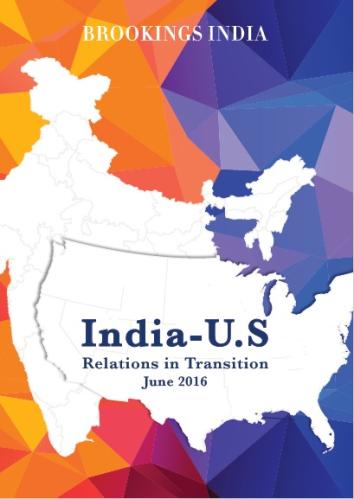Content from the Brookings Institution India Center is now archived. After seven years of an impactful partnership, as of September 11, 2020, Brookings India is now the Centre for Social and Economic Progress, an independent public policy institution based in India.
The report was first published in Sage Journals. The views are of the author(s).
This paper analyses the ways in which civil–military relations shape professional military education (PME). Its main argument is that military education benefits from a civil–military partnership. In doing so, the article examines the role of civil–military relations in shaping PME in India. While describing the evolution of military education in India, it analyzes its weaknesses and argues that this is primarily due to its model of civil–military relations, with a limited role for civilians. Theoretically, this argument challenges Samuel Huntington’s notion of “objective control”—which envisaged a strict separation between the civil and military domains. Conceptually, this article argues for a greater dialogue on military education among civilians, both policy makers and academics, and military officers and not to leave it to the military’s domain—as is currently the practice in most countries.
To read more, please click here.








